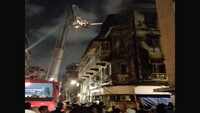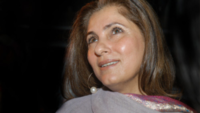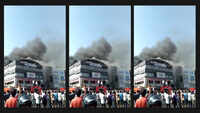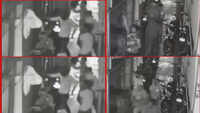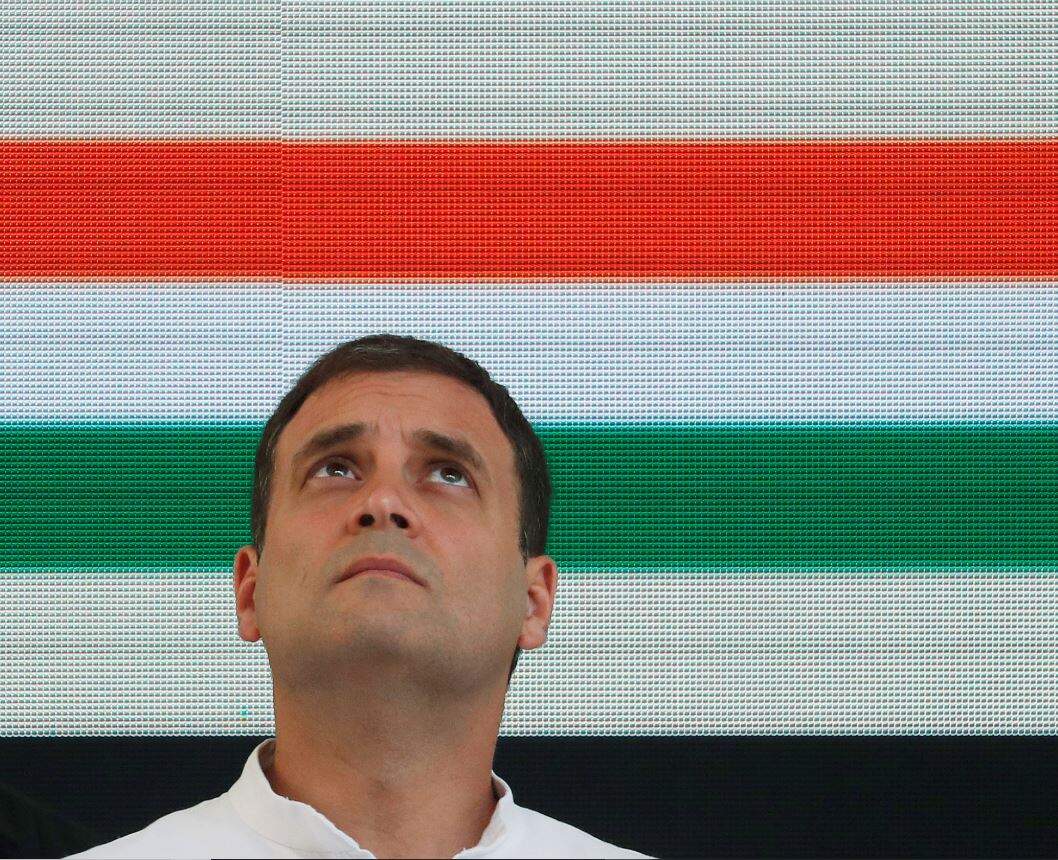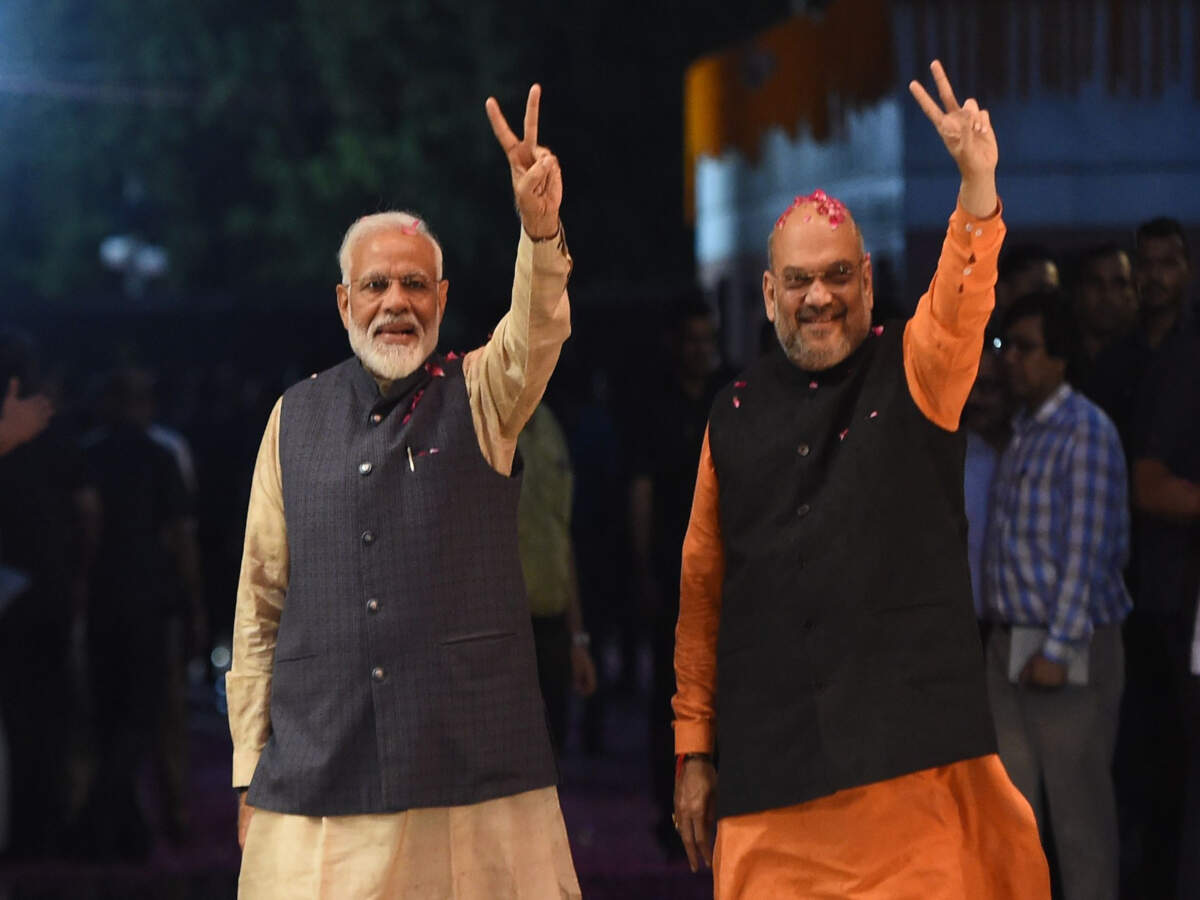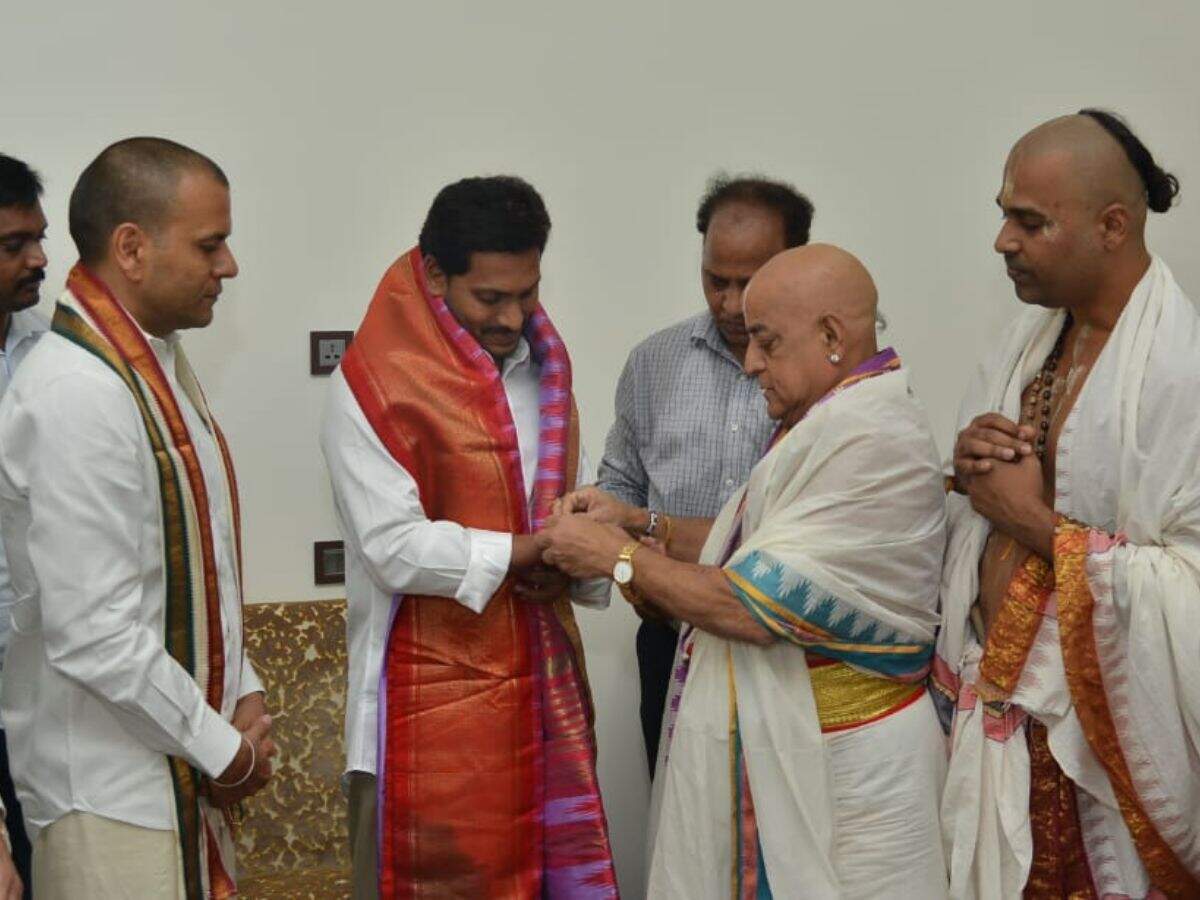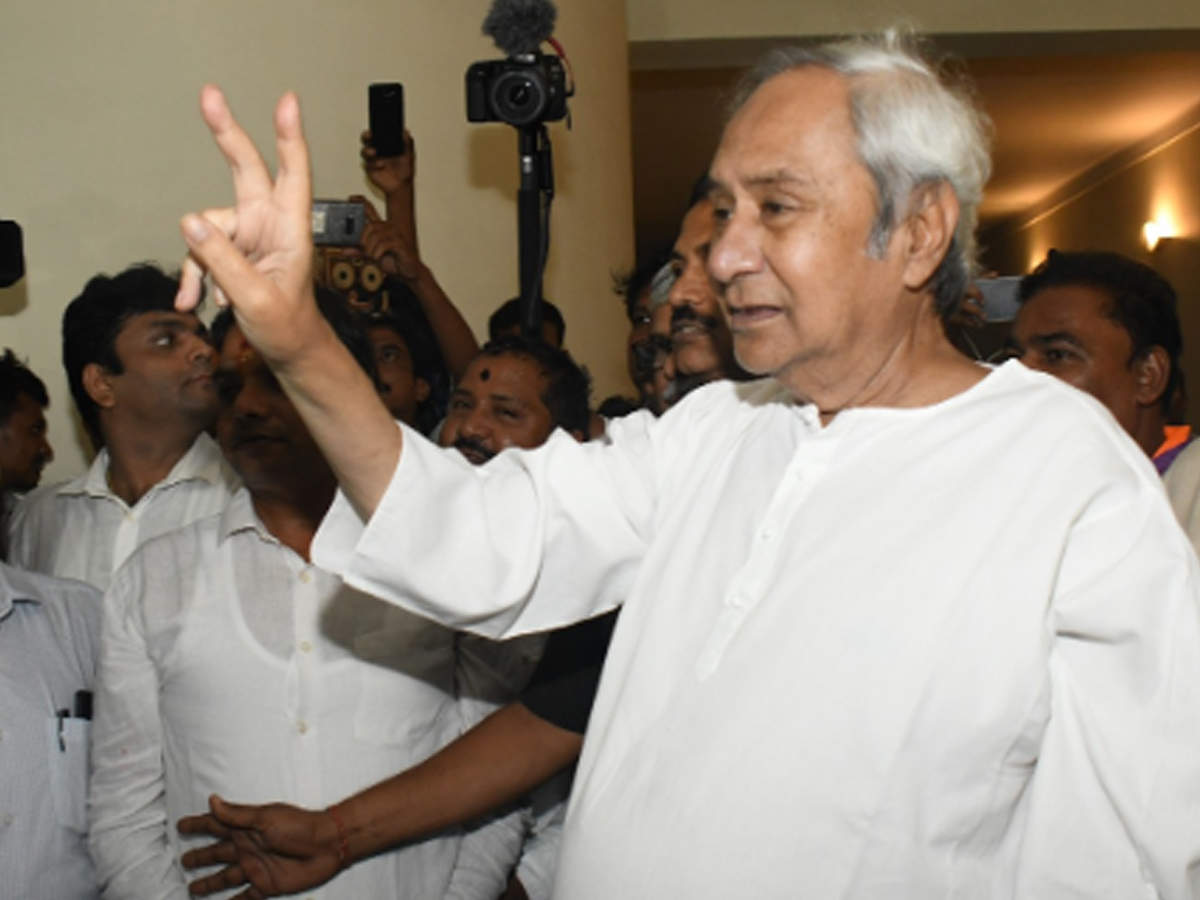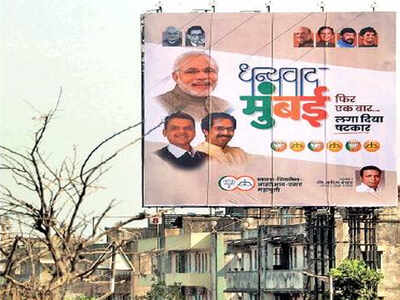
MUMBAI: The vote share and voting pattern that have emerged in the assembly segments that are a part of the six parliamentary constituencies in the city could give the saffron alliance reason for much hope in the upcoming state elections.
An analysis of the vote share data across the 36 assembly segments shows that BJP candidates have got a large vote share from Gujarati- and Marathi-dominated localities. On the other hand, winning Shiv Sena candidates have not managed to garner a similar number of votes. Also, most minority pockets in the city tried to stall the saffron wave by voting for Congress-NCP candidates but were largely outnumbered by majority-dominated segments.
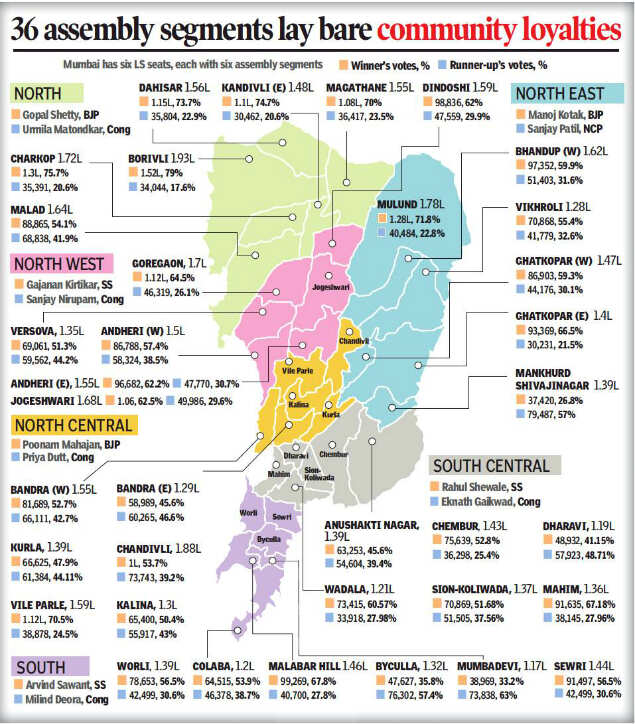
For instance, Gopal Shetty, who has won the Mumbai North seat with the highest margin in the state of 4.65 lakh, got the highest vote share in the city from Gujarati-dominated Borivli. He polled nearly 80% of the total votes polled in the assembly segment. In the other Gujarati and Marathi localities of Kandivli, Charkop and Dahisar, he polled in more than 70% of the votes. The only assembly segment where Shetty’s vote share dropped to 54% and his opponent Urmila Matondkar’s rose to 41% was in Malad West, which has a significant Muslim and Christian population.
Surendra Jondhale, a political analyst, said both Gujarati and Marathi communities voted for Prime Minister Narendra Modi. “BJP is the number one party for Gujaratis and therefore the huge vote share in the constituencies. Also, in areas where Sena candidates were fielded, voters thought their vote was indirectly for Modi, so despite lesser enthusiasm, they went ahead and elected them,” said Jondhale.
Similarly, other Gujarati-dominated areas such as Mulund, Vile Parle, Ghatkopar East and Goregaon have voted significantly for the BJP and Sena and areas such as Dharavi, Byculla, Mumbadevi, Bandra East and Shivajinagar voted more for the Congress-NCP candidates.
Mumbai North East’s NCP candidate Sanjay Patil was swept away in all the five assembly seats by BJP candidate Manoj Kotak, but in the Muslim-dominated Mankhurd-Shivajinagar assembly segment, he was much ahead of Kotak.
Aslam Shaikh, Congress MLA from Malad, said people vote differently in state elections and parliamentary results are no indicator of what to expect in the upcoming state elections.
“In the minority belt, people have voted for Congress-NCP candidates to counter majority votes. Even though the number of votes polled by Shetty was higher than Matondkar’s, she bagged at least 15,000 more votes than the Congress candidate in 2014,” said Shaikh.
The Sena-BJP have a total of 185 assembly seats in the state currently and after their performance in the parliamentary elections they hope to see the number rise beyond the 200 mark.
There are in all 288 seats in the state assembly.
Sena legislator Sunil Shinde said their alliance will be intact even in the upcoming assembly elections. He further said their vote share will increase in the assembly polls as a lot of Marathi voters in the city are usually out of the city during summer vacations.
An analysis of the vote share data across the 36 assembly segments shows that BJP candidates have got a large vote share from Gujarati- and Marathi-dominated localities. On the other hand, winning Shiv Sena candidates have not managed to garner a similar number of votes. Also, most minority pockets in the city tried to stall the saffron wave by voting for Congress-NCP candidates but were largely outnumbered by majority-dominated segments.

For instance, Gopal Shetty, who has won the Mumbai North seat with the highest margin in the state of 4.65 lakh, got the highest vote share in the city from Gujarati-dominated Borivli. He polled nearly 80% of the total votes polled in the assembly segment. In the other Gujarati and Marathi localities of Kandivli, Charkop and Dahisar, he polled in more than 70% of the votes. The only assembly segment where Shetty’s vote share dropped to 54% and his opponent Urmila Matondkar’s rose to 41% was in Malad West, which has a significant Muslim and Christian population.
Surendra Jondhale, a political analyst, said both Gujarati and Marathi communities voted for Prime Minister Narendra Modi. “BJP is the number one party for Gujaratis and therefore the huge vote share in the constituencies. Also, in areas where Sena candidates were fielded, voters thought their vote was indirectly for Modi, so despite lesser enthusiasm, they went ahead and elected them,” said Jondhale.
Similarly, other Gujarati-dominated areas such as Mulund, Vile Parle, Ghatkopar East and Goregaon have voted significantly for the BJP and Sena and areas such as Dharavi, Byculla, Mumbadevi, Bandra East and Shivajinagar voted more for the Congress-NCP candidates.
Mumbai North East’s NCP candidate Sanjay Patil was swept away in all the five assembly seats by BJP candidate Manoj Kotak, but in the Muslim-dominated Mankhurd-Shivajinagar assembly segment, he was much ahead of Kotak.
Aslam Shaikh, Congress MLA from Malad, said people vote differently in state elections and parliamentary results are no indicator of what to expect in the upcoming state elections.
“In the minority belt, people have voted for Congress-NCP candidates to counter majority votes. Even though the number of votes polled by Shetty was higher than Matondkar’s, she bagged at least 15,000 more votes than the Congress candidate in 2014,” said Shaikh.
The Sena-BJP have a total of 185 assembly seats in the state currently and after their performance in the parliamentary elections they hope to see the number rise beyond the 200 mark.
There are in all 288 seats in the state assembly.
Sena legislator Sunil Shinde said their alliance will be intact even in the upcoming assembly elections. He further said their vote share will increase in the assembly polls as a lot of Marathi voters in the city are usually out of the city during summer vacations.
LOK SABHA ELECTION RESULT 2019
AP election results 2019Telangana elections results 2019Odisha election results 2019Chhattisgarh election results 2019Punjab election results 2019Uttarakhand election results 2019Karnataka election results 2019Madhya Pradesh election results 2019Himachal Pradesh election results 2019Haryana election results 2019Delhi election results 2019Maharashtra election results 2019Kerala election results 2019Bihar election results 2019Gujarat Lok Sabha election results 2019UP Lok Sabha election results 2019West Bengal election results 2019Tamil Nadu election results 2019
#ElectionsWithTimes
Elections 2019
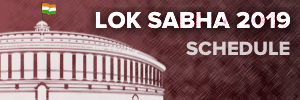
Trending Topics
LATEST VIDEOS
More from TOI
Navbharat Times
Featured Today in Travel
Quick Links
Lok Sabha Election Schedule 2019Lok Sabha Election NewsDelhi Capitals teamMI team 2019Rajasthan Royals 2019RCB team 2019Maharashtra Lok Sabha ConstituenciesBJP Candidate ListBJP List 2019 TamilnaduShiv Sena List 2019AP BJP List 2019Mamata BanerjeeBJP List 2019 MaharashtraPriyanka GandhiBJP List 2019 KarnatakaAMMK Candidate List 2019BJP List 2019 WBLok Sabha Elections in Tamil NaduBSP List 2019 UPNews in TamilLok Sabha Poll 2019Satta Matka 2018PM ModiMahagathbandhanNagpur BJP Candidate ListChandrababu NaiduTamil Nadu ElectionsUrmila MatondkarNews in TeluguMadras High CourtTejashwi YadavArvind KejriwalTejasvi SuryaPawan KalyanArvind KejriwalYogi AdityanathJaya PradaSatta King 2019Srinagar encounter
Get the app

